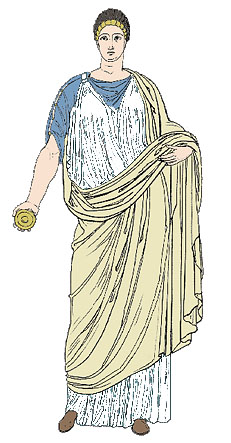Here is an interesting position. (I copied and pasted their main point below between the dotted lines)
http://www.pricelesswoman.com/Other_Pages/What_About_Women_Wearing_Pants.html
Priceless Woman Ministries
What About Women Wearing Pants?
by Brother Potter
For I have not shunned to declare unto you ALL the counsel of God. -Acts 20:27-
And in that day seven women shall take hold of one man, saying, We will eat our own bread, AND WEAR OUR OWN APPAREL: -Isaiah 4:1a-
..............................................
"Yeah, but Deuteronomy 22:5 is not repeated in the New Testament"
Wrong. In fact, the New Testament is even more specific. I Timothy 2:9 says,
" . . . that women adorn themselves in modest apparel . . ."
"Apparel" today is a very general term that means "any article of clothing." But did you know that in 1611 the word "apparel" meant "loose, long flowing garment?" Look it up in an old Oxford English Dictionary that has the archaic meanings of words. Furthermore, the Greek word is katastole which is an EXACTING WORD, and it is the ONLY place in the Bible where it is used. There are lots of words for clothing, attire, etc., but this word comes from a verb form which means "to lower." It denoted a loose-fitting outer garment, which was LONG. Paul used this word specifically to tell women that they are to wear long DRESSES. Pants, miniskirts, tight dresses, etc. can not fit the definition of this exacting word. Consult your Vine


